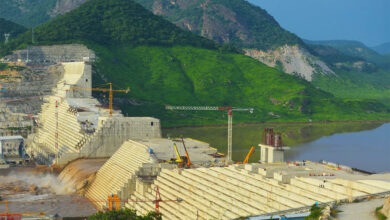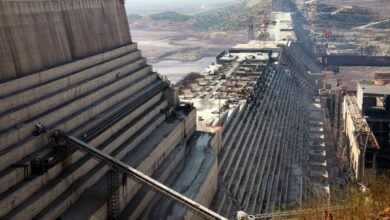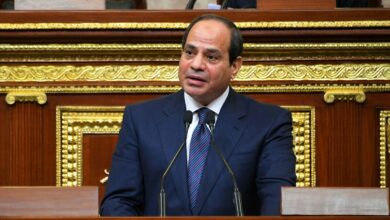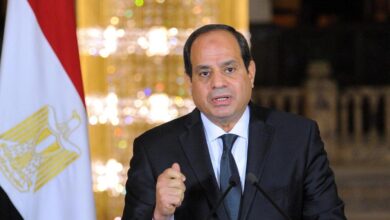Egypt
Egypt: Irrigation Ministry Rejects Ethiopia’s Second Stage Filling Of Giant Nile Dam
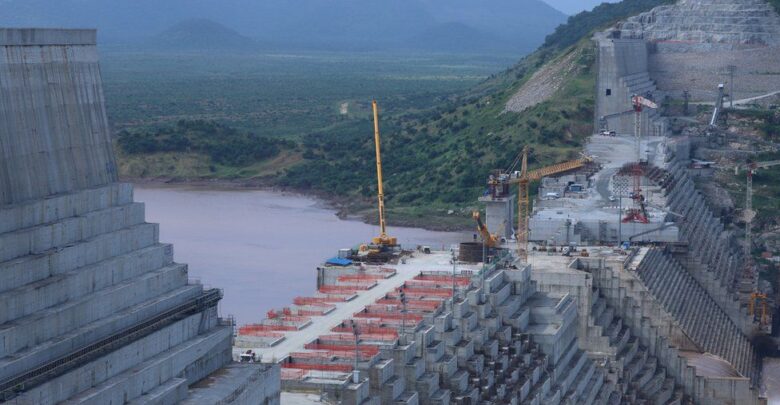
The Irrigation Minister of Egypt, Mohamed Abdel Aty, on Monday, said he had received official notice from Ethiopia that it had started the second phase of filling the reservoir behind the controversial Grand Ethiopian Renaissance Dam (GERD), raising tensions ahead of an upcoming United Nations Security Council (UNSC) meeting on the dam issue, reported Reuters.
In a statement, Irrigation Minister Abdel Aty said Egypt has informed Ethiopia of its categorical rejection of the measure, which it regards as a threat to regional stability.
The statement added that Ethiopia’s move to begin filling the dam’s reservoir was a violation of international laws and norms that regulate projects built on the shared basins of international rivers.
The GERD, which is set to be Africa’s largest hydroelectric project once completed, is the source of a long-running diplomatic dispute between Ethiopia and the downstream countries of Egypt and Sudan.
Ethiopia began constructing the 475-foot (145-metre) dam back in 2011 and reached its first target in the years-long filling of the dam last year.
Ethiopia says the dam is very crucial for its economic development, but Egypt and Sudan fear it could restrict their water access. Both nations want Addis Ababa to sign a legally binding deal over the filling and operation of the dam before going ahead with the filling and have been urging the UN Security Council to take the matter up in recent weeks.
Egypt, which depends on the Nile for about 97 percent of its irrigation and drinking water, sees the dam as an existential threat. Sudan fears its dams would be harmed without agreement on its operation.
Several rounds of talks over the controversial dam have repeatedly stalled. The 15-member UNSC is expected to convene this week to discuss the GERD dispute between Sudan, Ethiopia, and Egypt over the mega-dam.


